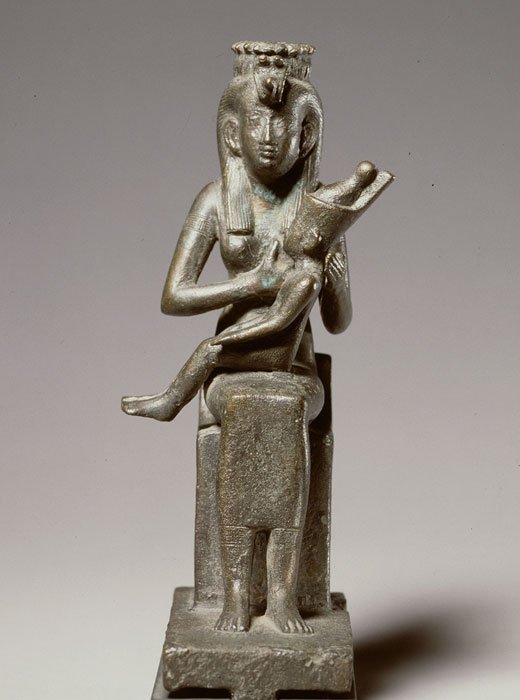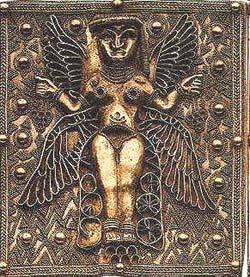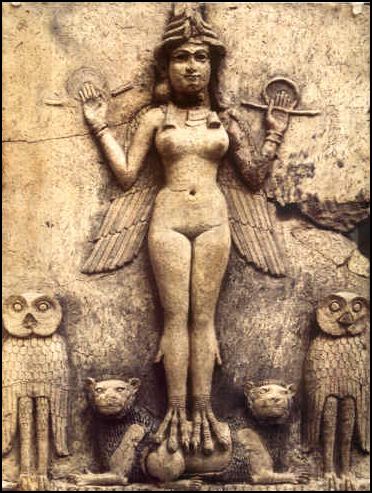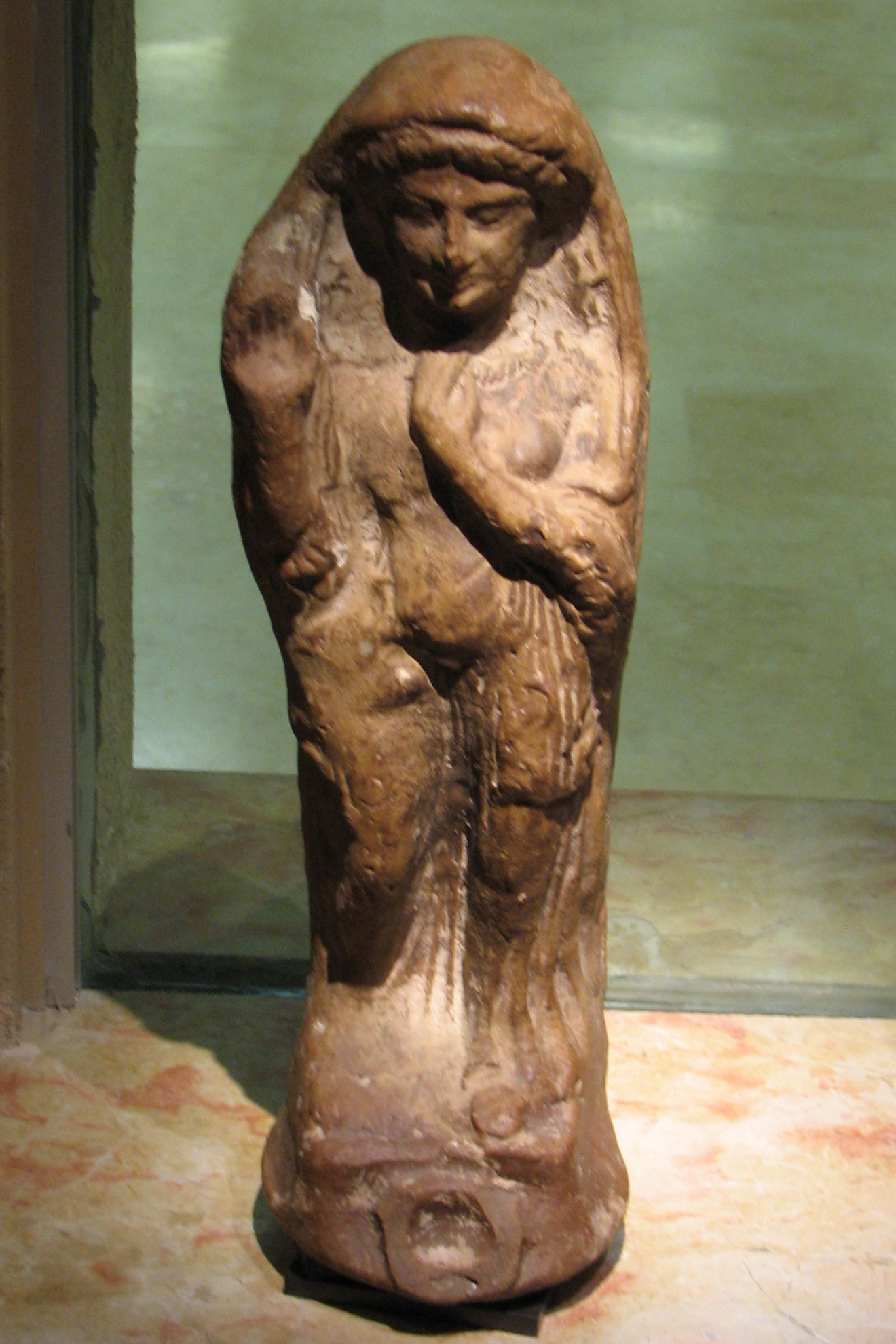|
Sons of Shem Noah’s Semitic Legacy Origins of Judaism, Christianity and Islam Note 4 to "Deep History"
Grove (1.) Heb. 'asherah , properly a wooden image, or a pillar representing Ashtoreth, a sensual Canaanitish goddess, probably usually set up in a grove (Kg2 21:7; Kg2 23:4). In the Revised Version the word "Asherah" (q.v.) is introduced as a proper noun, the name of the wooden symbol of a goddess, with the plurals Asherim (Exo 34:13) and Asheroth (Jdg 3:13). The LXX. have rendered asherah in Ch2 15:16 by "Astarte." The Vulgate has done this also in Jdg 3:7. (2.) Heb. 'eshel (Gen 21:33). In Sa1 22:6 and Sa1 31:13 the Authorized Version renders this word by "tree." In all these passages the Revised Version renders by "tamarisk tree." It has been identified with the Tamariscus orientalis, five species of which are found in Palestine. (3.) The Heb. word 'elon , uniformly rendered in the Authorized Version by "plain," properly signifies a grove or plantation. In the Revised Version it is rendered, pl., "oaks" (Gen 13:18; Gen 14:13; Gen 18:1; Gen 12:6; Deu 11:30; Jos 19:33). In the earliest times groves are mentioned in connection with religious worship. The heathen consecrated groves to particular gods, and for this reason they were forbidden to the Jews (Jer 17:3; Eze 20:28). [Easton's Bible Dictionary] Tanakh / Old Testament |
||
 Isis |
 Astoreth |
 Ishtar |
